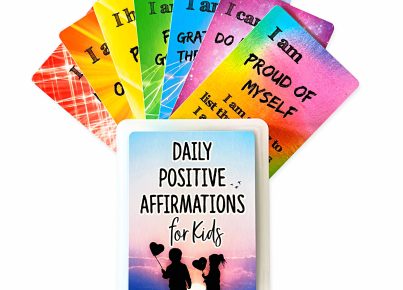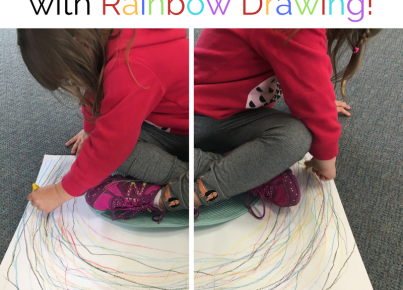Introduction:
Kindness is an essential life skill that helps children develop empathy and compassion. It also fosters a positive environment where they can thrive emotionally, socially, and cognitively. Teaching kindness early on helps build a strong foundation for their future relationships and interactions. Here are 19 fun and engaging activities to help children develop kindness skills.
1. Kindness Jar: Create a jar where kids can add notes about acts of kindness they observe or complete. Encourage them to read the notes aloud periodically, promoting reflection and sharing kind experiences with others.
2. Compliment Tag: During this game, each child must give a compliment to another before tagging them as “it.” This encourages positive reinforcement while having fun.
3. Community Service: Encourage kids to volunteer at a local organization, such as a soup kitchen or animal shelter, teaching them the importance of giving back.
4. Kind Notes: Have children write anonymous notes filled with positive affirmations for other students, family members, or friends.
5. Role-Playing: Use role-playing to teach empathy by having kids act out situations where they need to show kindness and understanding to others.
6. Gratitude Journals: Help kids start a gratitude journal where they can write down things they’re grateful for daily, fostering an appreciation for what they have.
7. Kindness Calendar: Create a monthly calendar with different acts of kindness listed for each day. Encourage kids to complete every task in the month.
8. Pay It Forward Chain: Teach children about paying it forward by completing a random act of kindness without expecting anything in return.
9. Thank You Cards: Encourage kids to create handmade thank you cards for teachers, peers, or family members who have helped them in some way.
10. Storytime: Read books that focus on themes of kindness, empathy, and compassion together as a group or individually.
11. Acts of Kindness Bingo: Create a bingo board filled with acts of kindness tasks. When kids complete a task, they mark the square, aiming for a full row horizontally, vertically, or diagonally.
12. Kindness Awards: Present awards to children who display exceptional kindness in various situations or towards their peers.
13. Sharing Circle: Teach kids the importance of listening and sharing by organizing a sharing circle where they take turns discussing their feelings and experiences related to kindness.
14. Create a Kind Classroom: Establish rules in the classroom that promote kindness and respect for one another, such as saying “please” and “thank you” and using polite language.
15. Smile Day: Encourage kids to smile at everyone they see throughout the day, spreading positivity and joy.
16. Cooking for Others: Involve children in preparing and cooking meals for others, such as elderly neighbors or friends in need.
17. Planting Trees: Teach kids about environmental stewardship by having them plant trees, demonstrating that kindness extends beyond human interactions.
18. Reverse Bucket List: Help children create a reverse bucket list of kind acts they want to do for others instead of things they want to achieve for themselves.
19. Kindness Week: Dedicate an entire week to practicing various acts of kindness both in the classroom and at home.
Conclusion:
Building kindness skills is a vital aspect of developing well-rounded individuals who care about the world around them. These 19 activities will not only help children practice kindness regularly but also instill strong values that will last a lifetime.



